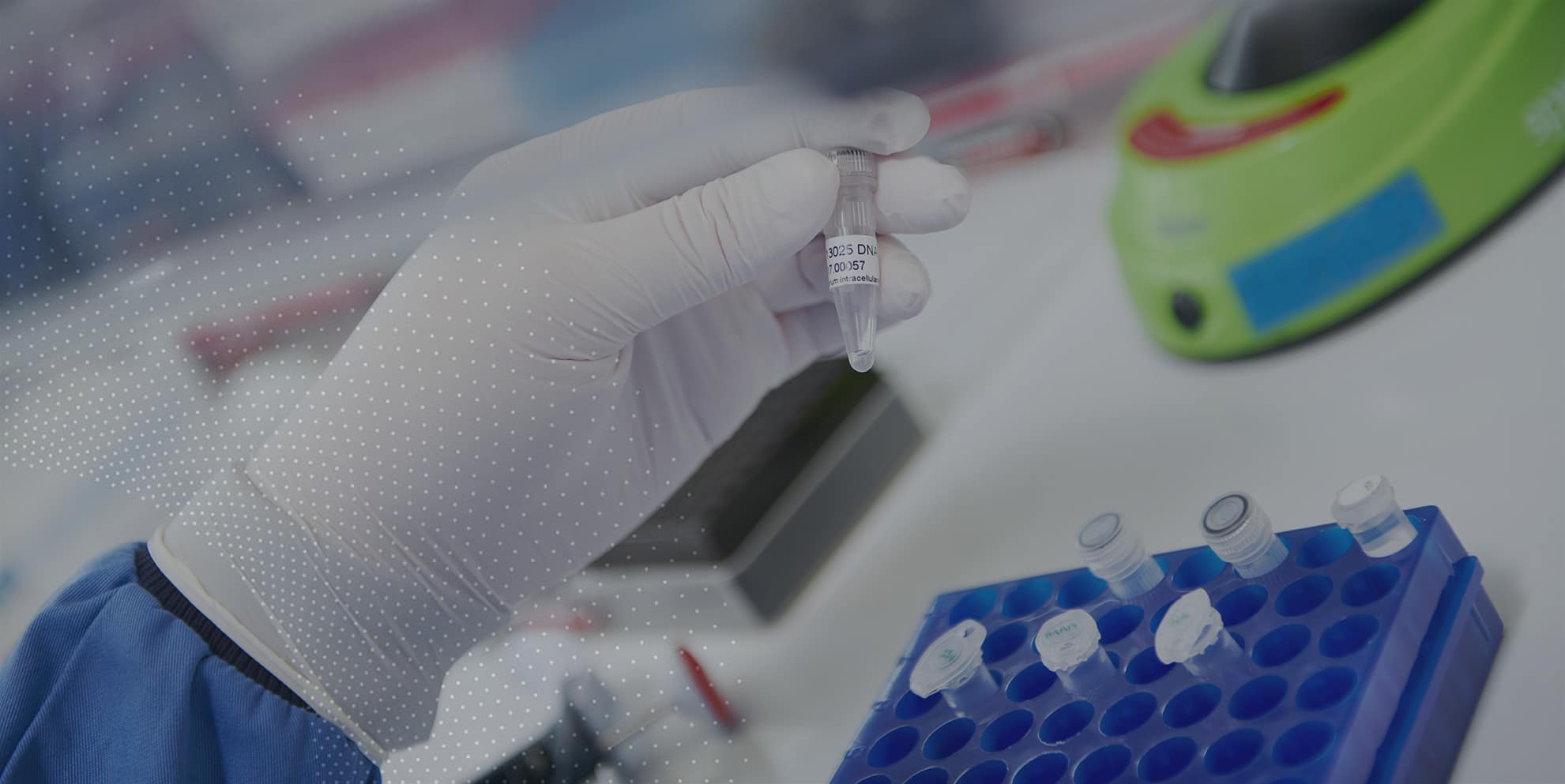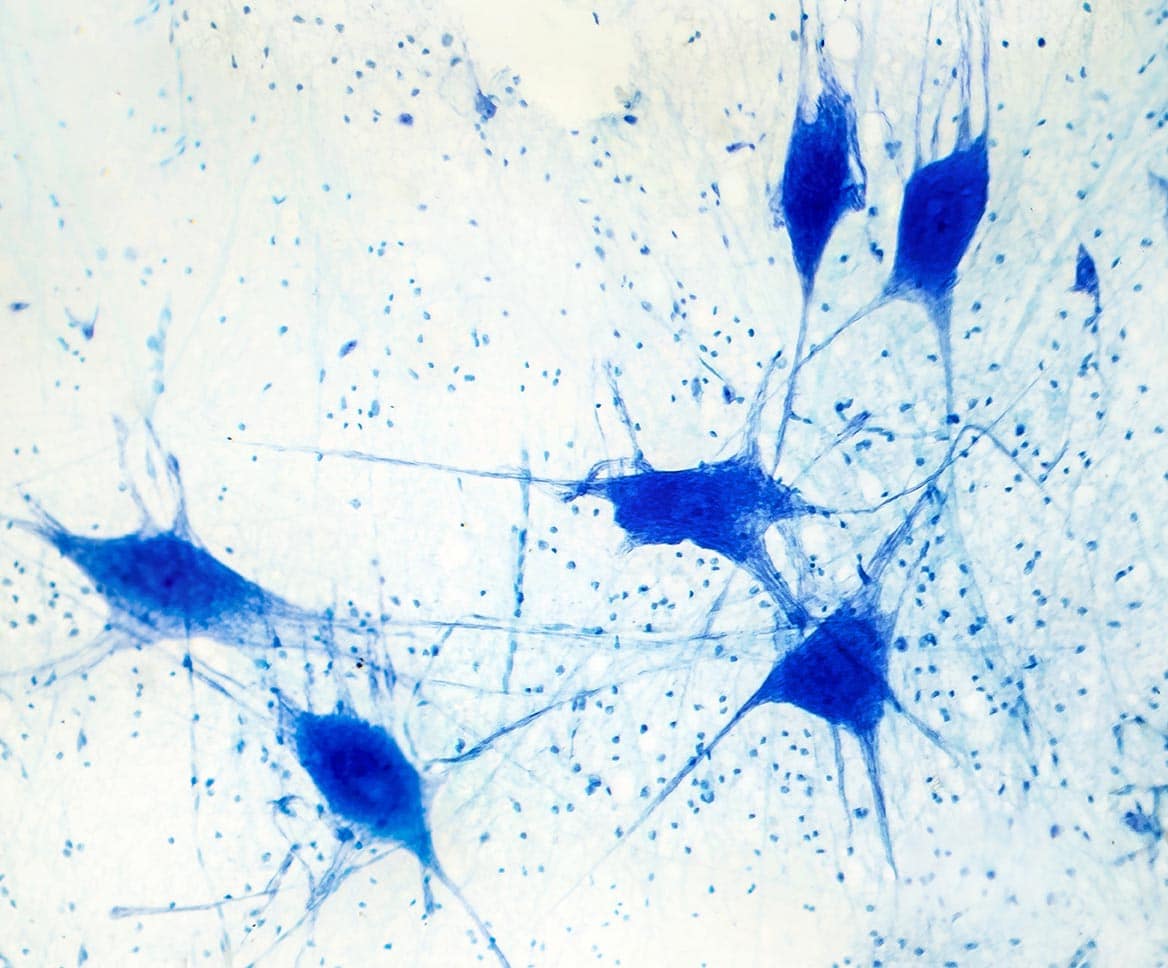
Our funding will be used to progress AviadoBio‘s innovative gene therapy platform, taking potential gene therapies from the lab bench into the clinic.
Pioneering gene therapy company AviadoBio’s unique gene therapy platform targeting therapy to the right areas of the nervous system, and could help to develop transformative new treatments for patients with incurable and debilitating illnesses affecting the brain or nervous system.
Today, AviadoBio announced a significant investment milestone – the company has completed a $80 million Series A financing led by New Enterprise Associates (NEA), and co-led by Monograph Capital, with participation from Life Science Partners (LSP), as well as seed investors LifeArc, Advent Life Sciences, Dementia Discovery Fund (DDF), F-Prime Capital and JJDC.
The new funds will help the company to take a new gene therapy for frontotemporal dementia (FTD) into an early-stage clinical trial. If successful in the clinical development stages, it could provide a transformative new treatment for those patients affected with the condition.
Attracting investment
AviadoBio is pioneering the delivery of gene-based medicines into patient’s cells using a harmless virus called adeno-associated viral (AAV) vector. The company wants to target the specific molecular causes of neurodegenerative diseases that mean nerve cells are slowly lost.
The AviadoBio team will also use the new funds to progress their lab research into other gene therapies. This includes amyotrophic lateral sclerosis (ALS) – the most common type of motor neurone disease (MND), where motor neurones gradually stop sending messages to the muscles, causing the muscles to weaken, stiffen and waste. MND affects how people walk, talk, eat, drink and breathe, and significantly shortens life expectancy.
LifeArc Ventures participated in the seed financing, which was initially needed to establish the company and demonstrate the potential of the approach in the lab.
The Series A funds will be used to advance AviadoBio’s lead programme in frontotemporal dementia (FTD) into the clinic, progress its preclinical assets, including for amyotrophic lateral sclerosis (ALS), whilst continuing to expand its industry-leading team.
“We invested in the seed and Series A rounds as we are impressed with the transformational prospect of AviadoBio, particularly given the lack of effective treatments currently available for patients with FTD, ALS and other neurodegenerative conditions,” says Enrique Millan, Investment Principal at LifeArc.
“Our support for the company has been confirmed by their significant progress and the team’s achievements during its seed phase,” he continues. “The company has demonstrated the promise of their innovative biodistribution approach – bringing the flagship programme for a novel treatment for FTD closer to clinical development.”
As well as providing funding, LifeArc also has a Board Observer role.
Next-generation gene therapy
In FTD, nerve cells in the frontal and temporal lobes of the brain die, affecting personality, behaviour and language. As the disease spreads to other areas of the brain, a person’s symptoms will both worsen and become more wide-ranging.
Up to one in 10 FTD patients have faults in the GRN gene – leading to insufficient amounts of a protein called progranulin in the brain, which is thought to contribute to nerve cell loss.
AviadoBio’s approach aims to deliver a correct copy of GRN into the patient’s brain cells. The cell’s machinery will then use the instructions to make progranulin and release it into surrounding tissues. The gene therapy is designed to slow or arrest disease progression by delivering a functional copy of the GRN gene through the central nervous system to restore normal progranulin levels.
Read more about LifeArc Ventures and AviadoBio.




